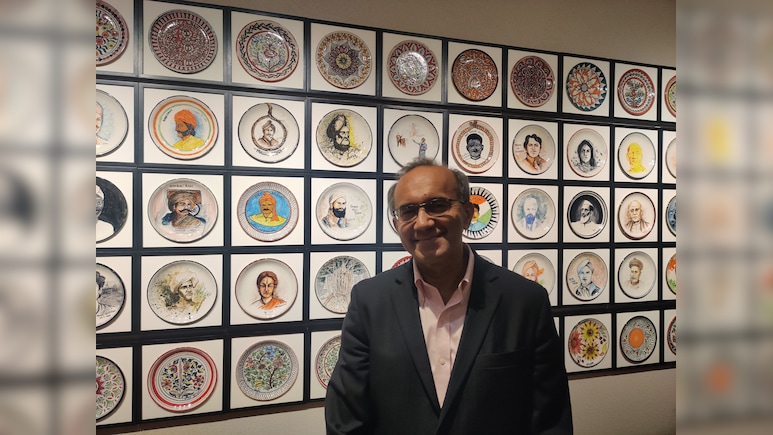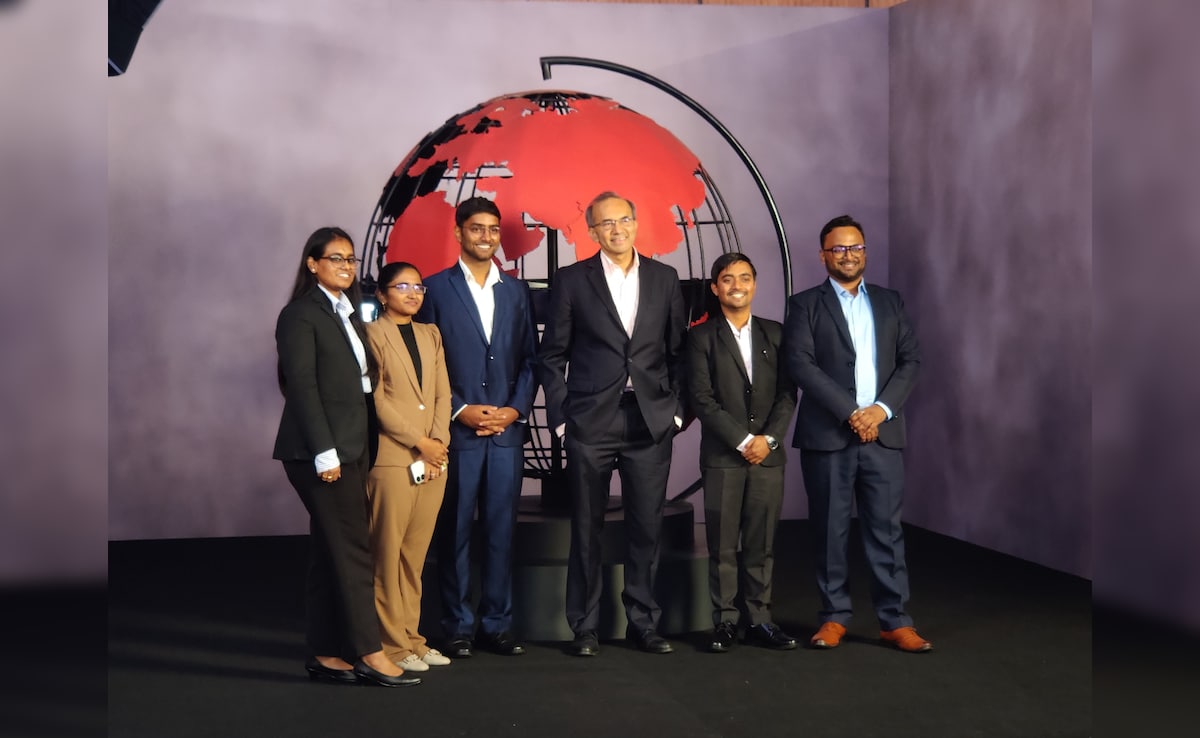
Substantial investment in science is key to becoming a developed society, Harvard professor Tarun Khanna said while speaking about India's Viksit Bharat 2047 goal.
While India's current investment is about 0.7 per cent of the GDP, it needs to rise at least two or three times to be comparable to the United States or China, Khanna said.
"India cannot become a developed country without dramatically increasing its investment in local science and technology," said Khanna, Jorge Paulo Lemann professor at Harvard Business School, in an exclusive conversation with NDTV.
India recently crossed the threshold into lower-middle-income status, but Khanna warned that this is only the beginning of a long and steep climb. He emphasised that the quality of spending is as important as the quantity. "We need to revisit and experiment with how the money is spent," he said, urging policymakers to adopt bold and innovative funding models.
Striking a note of optimism, Khanna said, "We will reach a societal consensus on the importance of science. We will experiment our way to better ways to spend money. We will find the courage to invest more without fear of failure.
ISRO's Innovations Get Praise
Professor Khanna praised India's scientific institutions, like the Indian Space Research Organisation (ISRO), calling it "an island of excellence". He recalled writing a Harvard case study on ISRO over a decade ago and expressed admiration for its evolution, especially in satellite innovation.
He also highlighted other standout institutions such as the National Centre for Biological Sciences (NCBS) urging India to learn from these outliers. "We should capture the essence of these successes and failures. A national seminar on potential 'islands of excellence' could be a simple and productive exercise," he suggested.

First-generation college students from low-income backgrounds mentored by Professor Tarun Khanna (fourth from left).
The Next CV Raman, Ramanujam
When asked how India could discover more minds like Nobel Laureate CV Raman or mathematical prodigy Srinivasa Ramanujan, Professor Khanna responded with conviction, "The vast majority of our talent is not being used well. That's true of India and almost every country."
Khanna co-founded the Aspire Institute in Boston, which works with first-generation college students from low-income backgrounds. "There are between half a billion and a billion young people globally whose potential is untapped. That includes the next S Ramanujans, M S Swaminathans, and S Somanaths," he said.
Professor Khanna believes that new models of education and mentorship are key to unlocking this latent talent. "If we could upgrade their potential even a few percentage points, the systemic effect would be extraordinary," he said.
"We must aspire not just for jobs, but for callings," he concluded. "That's when work stops being work and starts being joy."
Track Latest News Live on NDTV.com and get news updates from India and around the world

